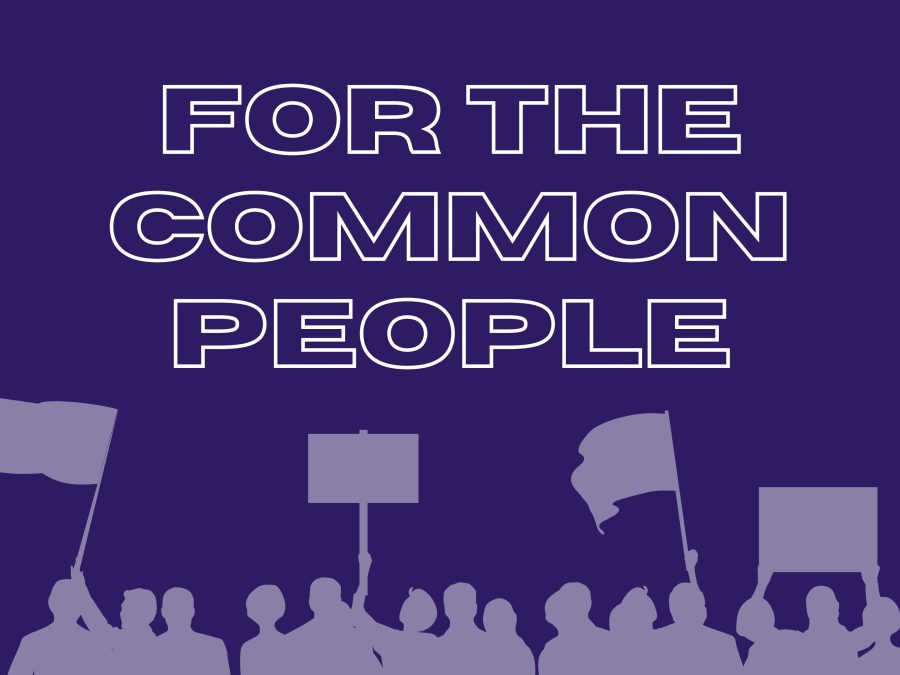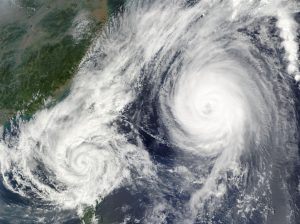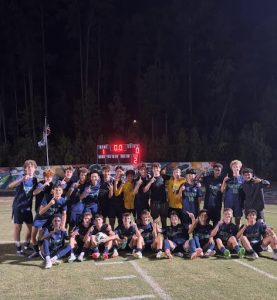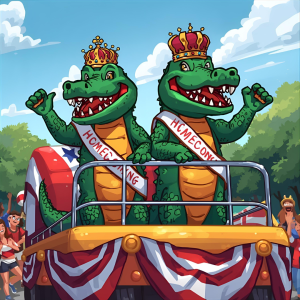Populism, Inherency, and Extremism: Uncovering the Rhetoric of the Common People
February 25, 2022
“For the common people.”
That’s a good thing, right? The common people are what shape our country with their blood, sweat, and tears, after all. But what may seem ideal inherently, in theory, can translate to practice so full of flaws and extremities it urges the question: is “for the common people” really for the common people or does the use of the term cover up a much more malicious and harmful institution?
Like many political ideologies, it can and frequently does, and most usually it is seen with the word populism.
The term “populism” has been debated in its implications for years, but many have agreed that it can be boiled down to a political idea that supports the ordinary citizens—it’s the working class’ rhetoric, imploring them to fight for their validity as disregarded civilian assemblages.
In the United States, populism can date back to the mid-1800s, and its existence has since been defined by lefts and rights on the political scale in the midst of debates about how beneficial it is, if at all.
The Know-Nothings was one of the earliest populist political groups in American history, a response to an influx of Irish Catholic and German immigrants in the 1840s. Forming from the Order of the Star-Spangled Banner, a Protestant secret society, members formed urban gangs to harass and spread propaganda against the immigrants. They eventually combined and established a third political party, which was renamed to be the American Party in 1854, taking hold of the Massachusetts legislature. However, the party began losing support as they were caught in between anti- and pro-slavery caucuses. By 1860, most of the Know-Nothings members had joined the Republican party.
Even though the Know-Nothings did not conclude their power on a successful note, the movement can be attributed to helping set off every consequent populist group, especially right-wing ones, whether directly inspired or indirectly pushed.
Populism found an official name and an official introduction to the left-wing with the creation of the Populist Party in 1892. The party adopted much of the fights that a previous Greenback Party worked towards, including support of banning foreign land ownership, the state’s control of the railroads, and shorter workdays. Started by suffering farmers in the 1880s, who were experiencing the effects of cotton prices dropping in the South and drought in the Great Plains, the “People’s Party”, as it is largely known as, was tied to resentment of east-coast elites that several farmers harbored for years that was stifled down until their debts grew too large and their bitterness too strong.
The Populist Party promoted temperance and anti-corruption, but many of its members actively supported Jim Crow laws and white supremacy—racism that was worsened by the party’s hesitancy to solicit the black vote in fear of “anti-white” claims. The populist candidate for president James B. Weaver won 8.5 percent of the vote in 1892, but the party began a rapid decline afterward, officially ending in 1908.
Over the next several decades, Huey Long, Father Coughlin, and George Wallace made up a few stand-out names associated with 20th-century populism in the U.S.
In the 21st century came two groups known as the Tea Party and Occupy Wall Street. The Tea Party’s formation followed former President Barack Obama’s election, promoting conspiracy rumors about the political figure in order to promote the Republican Party. Meanwhile, Occupy Wall Street was created after the financial crisis of 2011, promoting economic reform and the takedown of the banks involved in the crisis. The movement is labeled progressive but has attracted all sorts of political affiliations because of its anti-corporate stance.
A 21st-century populist includes former President Donald Trump. Trump has employed populism in his declaration to “Make America Great Again”, one of his main campaign promises being the construction of the southern wall on the Mexico-U.S. border to prevent illegal immigration, according to his efforts.
His populist tactics can be seen in his words, as well, stating in a speech at XFinity Arena in Everett, Washington, “Under Hillary Clinton, it’s the powerful protecting the powerful. Politicians defending politicians. Insiders fighting for insiders. I am fighting for you. The government will work for citizens once again.”
You. The Common Person, falling under his definition of “us”.
The examples may vary in extremism, yet populism is not inherently bad—its promotion of “for the common people” is good in sentiment and could work in an ideal world. The problem is, with so many of these cases, it can be hard to either 1) define the common person, and 2) will be led by leaders who actually do not care about the common person.
The result is usually anti-immigration and authoritarianism on one side and disruption across the board. When a candidate or leader or even spokesperson does not align themself with a particular group or party and prefers to deviate themselves from the structure as radically different, they tend to be the ones demanding for a change, oftentimes outrageous, which threatens the existing social, political, and economic order. This isn’t always a bad thing, but most times it is. Populists can skillfully create the idea or impending fear of “crisis” even if the one they build their political platform around does not actually exist.
Populism’s enemy is the system because it favors the elite, but the approaches on how to combat the enemy differ depending on the person and party. It’s “us” versus “them”, but these terms do not have a common definition.
Is populism a poor ideology? Again, no, not inherently. But its implementation in real life usually points to radicalism and conflict. It doesn’t mean that it can never thrive and succeed, and it does not mean that it hasn’t taken a less extreme form elsewhere. “For the common people” can be seen in democracy and basic freedoms and rights to some extent—it is just a matter of where this idea will go next that can determine the role of populism in our world.







